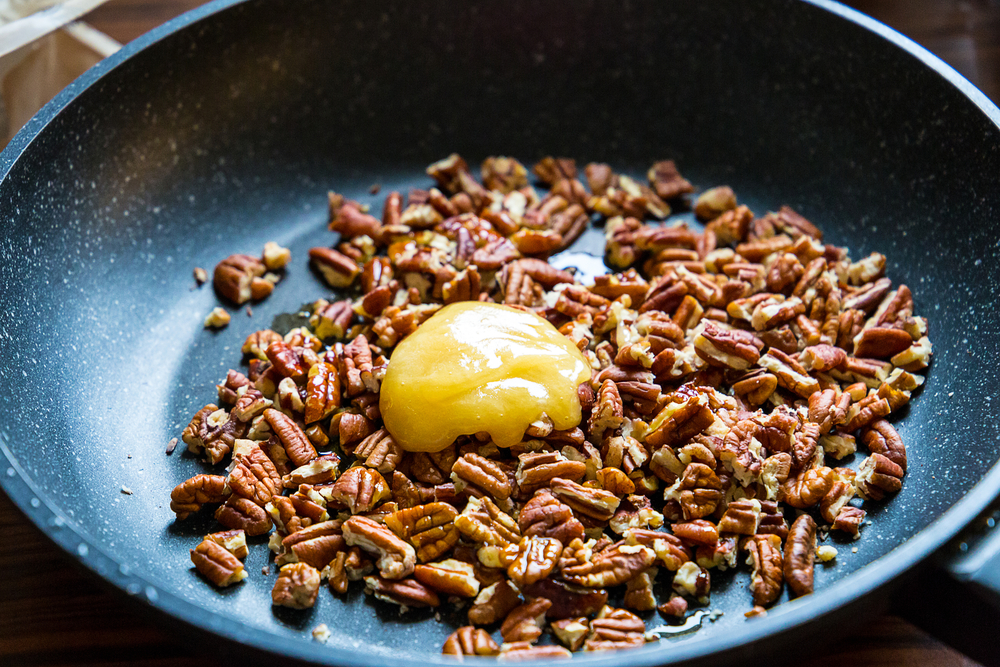Comprehensive Guide to Foods That May Worsen Inflammatory Bowel Disease Symptoms
This comprehensive guide explores foods that may worsen inflammatory bowel disease symptoms, including sulfur-rich foods, caffeine, gluten, high-fiber items, and nuts. It highlights practical dietary strategies to manage flare-ups and improve gut health, emphasizing personalized nutrition plans alongside medical treatment for effective IBD management.

Understanding Dietary Triggers for Inflammatory Bowel Disease Flare-Ups
Inflammatory Bowel Disease (IBD) is a chronic condition characterized by persistent inflammation of the gastrointestinal tract, especially the inner lining of the colon. This includes conditions such as Crohn’s disease and ulcerative colitis (UC), which significantly impact millions of individuals worldwide. Studies from 2015 indicate that around 3 million adults were diagnosed with IBD in many countries, reflecting its rising prevalence and the importance of effective management strategies. Both Crohn’s and UC lead to debilitating symptoms, including severe abdominal pain, persistent diarrhea, weight loss, fatigue, and reduced quality of life.
Managing IBD requires a comprehensive approach that includes medical therapy, lifestyle modifications, and crucially, dietary management. Certain foods are known to trigger or exacerbate symptoms, leading to flare-ups that can severely impair daily functioning. Avoiding these dietary triggers can significantly improve symptom control, reduce inflammation, and help maintain remission. This detailed guide explores common foods that can worsen IBD symptoms, especially for those with ulcerative colitis, and provides practical dietary tips to help patients prevent flare-ups and promote better gut health.
Sulfur-Rich Foods: Foods containing high levels of sulfate or sulfur compounds can be problematic for individuals with IBD. These include dairy products like milk, cheese, and yogurt, which are rich in calcium sulfate; and cruciferous vegetables—such as broccoli, cabbage, cauliflower, Brussels sprouts, and kale—that contain sulfur compounds that can ferment during digestion.
When these foods are broken down by bacteria in the gut, they produce hydrogen sulfide gas—a compound known to irritate the lining of the colon and worsen inflammation. For patients sensitive to sulfates, minimizing intake of these foods can provide relief. Additionally, dried fruits such as raisins are also high in natural sulfates, which may trigger symptoms.
Caffeinated Beverages and Products: Coffee, black and green teas, energy drinks, and even chocolate contain caffeine—a stimulant that accelerates bowel motility. An increase in colon activity can lead to frequent urgency, discomfort, and potential inflammation. It is advisable for IBD patients to reduce or eliminate caffeine intake, substituting with herbal teas or non-caffeinated beverages like vegetable or fruit juices rich in nutrients.
Gluten-Containing Foods: Gluten is a protein found in wheat, barley, rye, and related grains. For some individuals with IBD, particularly those with gluten sensitivity or coeliac disease, gluten may act as a trigger for inflammation and digestive disturbances. Common sources include bread, pasta, cereals, baked goods, and snack foods labeled with wheat or gluten derivatives. Opting for gluten-free products and reading labels meticulously can help avoid unwanted reactions and support gut health.
High-Fiber Foods: While dietary fiber generally promotes healthy digestion by adding bulk and supporting bowel movements, high-fiber foods can irritate sensitive colonic tissues during active flare-ups. During symptomatic periods, a low-residue, low-fiber diet is often recommended. This means avoiding whole grains, seeds, nuts, certain fruits with skins, and raw vegetables. Instead, focus on well-cooked vegetables, refined grains, and easily digestible proteins to reduce mechanical irritation and inflammation.
Nuts and Seeds: Nuts, including walnuts, almonds, and peanuts, as well as seeds such as sunflower, pumpkin, and chia seeds, are high in healthy fats but are also difficult to digest. Their tough texture, along with their high energy content, can irritate the gut lining and exacerbate symptoms like cramping, diarrhea, and discomfort. For IBD patients, avoiding or limiting nuts and seeds during flare-ups can help reduce the workload on the digestive system and prevent worsening inflammation.
Effective management of IBD involves combining proper medication with strategic dietary choices. Tailoring the diet to individual tolerances is essential, as triggers can vary from person to person. Generally, a diet rich in cooked vegetables, plain refined grains, lean proteins, and minimal high-fiber or irritating foods can promote remission and improve quality of life. Regular consultation with a healthcare provider or registered dietitian can help develop a personalized nutrition plan that minimizes flare-ups and supports long-term gut health.





